
- Article
- Article
Restoring disorder to ‘The Book of Disquiet’
Printer Tim Hopkins explains what making an extraordinary new edition of Fernando Pessoa’s book revealed about both the text and the mind.

- Book extract
- Book extract
Eating their own kind
In his grisly history of cannibalism, zoologist Bill Schutt asks what drives an animal to feast on its own flesh and blood.
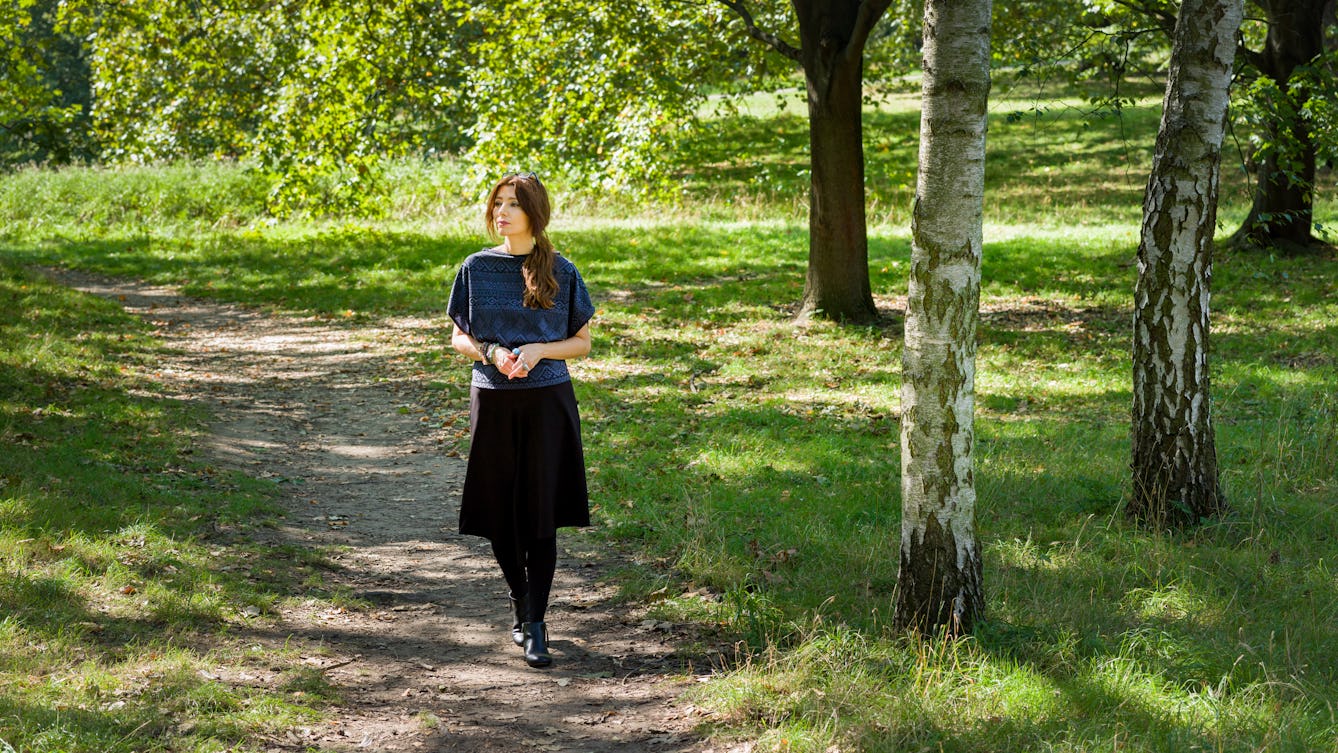
- Book extract
- Book extract
How stories bring us together
Elif Shafak considers how hard it is to be heard in our divided world, but how listening can nurture wisdom, connection and empathy.

- Book extract
- Book extract
How to stay together while keeping apart
Vivek Murthy explores how we can keep physically distant while staying emotionally connected.
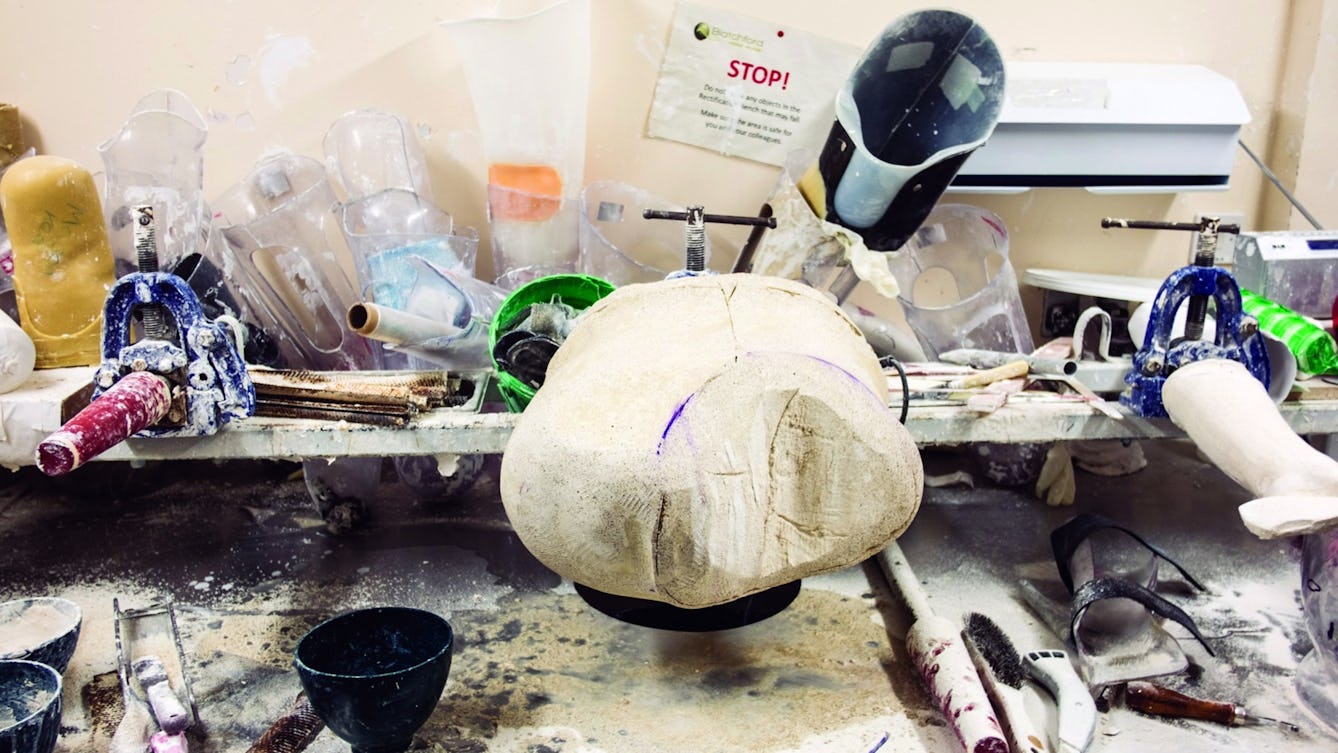
- Book extract
- Book extract
Sockets and stumps
Historian Emily Mayhew has met soldiers who have survived the seemingly unsurvivable. Here, she explores the part prosthetics play in the process of military rehabilitation.
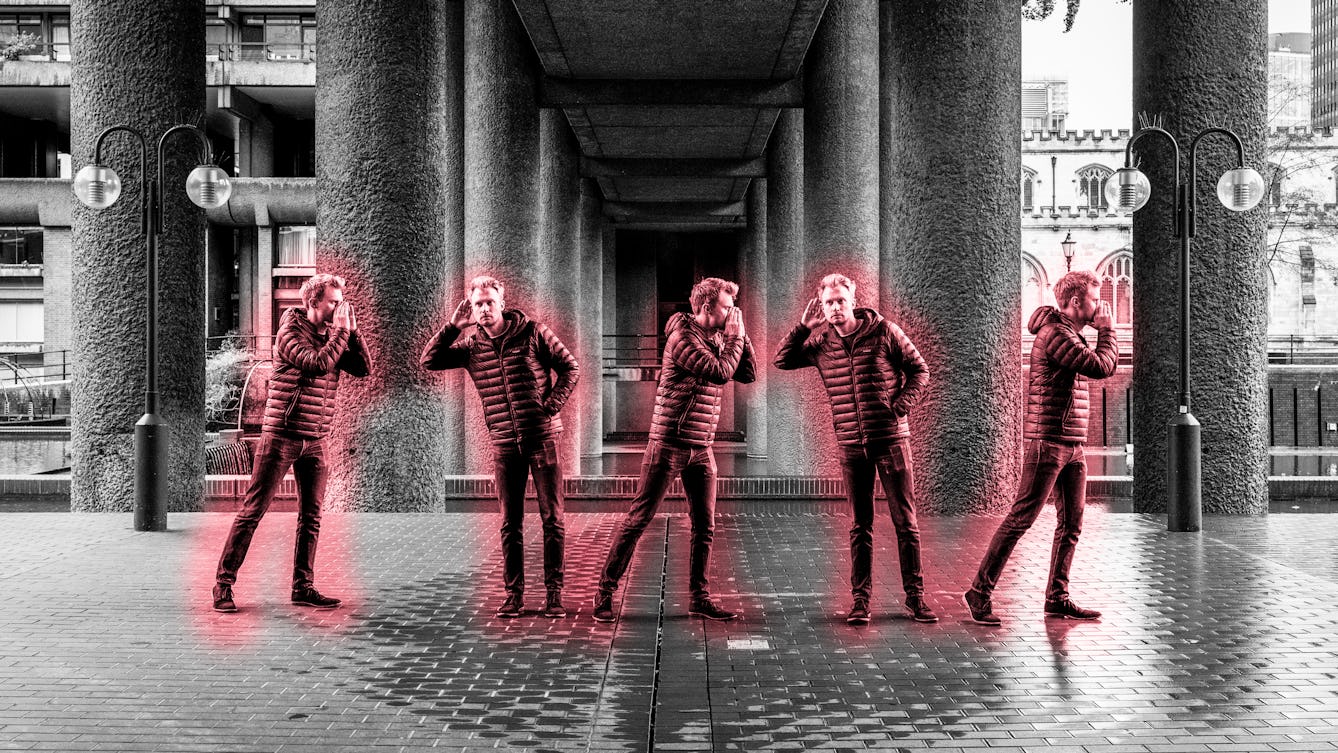
- Book extract
- Book extract
The science of why things spread
From deadly pandemics to viral tweets, Adam Kucharski explores what makes something contagious.
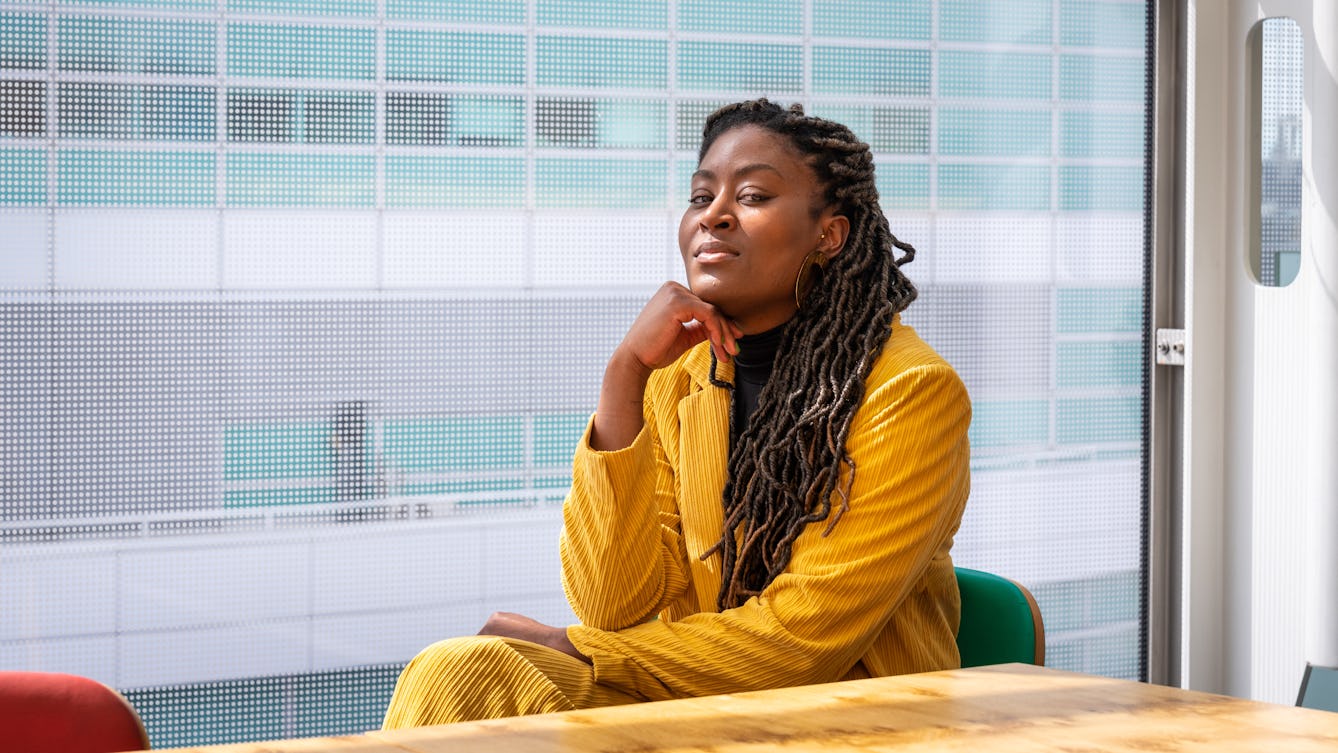
- Book extract
- Book extract
Why we need to decolonise healthcare
In this extract from ‘Divided’, Annabel Sowemimo describes the way her nana’s stroke and hospitalisation heightened her awareness of the need for us all to advocate for the health of others.

- Article
- Article
Diagnosing the past
Historical texts rarely supply enough detail for a definitive diagnosis, so medical historians need to proceed with caution.

- In pictures
- In pictures
Ten favourites from the stores
Books, sex workers’ cards, a bomb... the Retrieval Team gives us a glimpse behind the scenes.

- Article
- Article
Medieval doodles
Fish, lute players and defaced demons: marginal doodles in some of Europe’s first printed books provide a tantalising glimpse into the late-medieval mind.
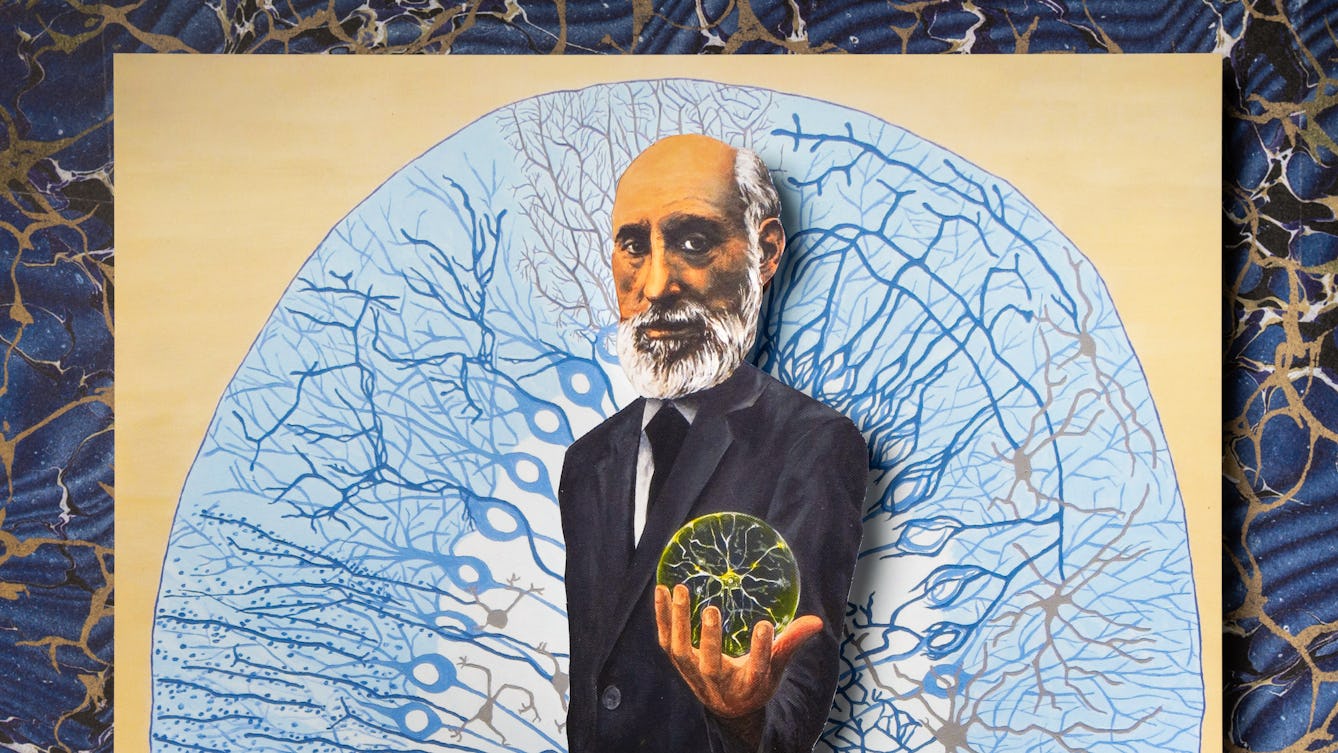
- Book extract
- Book extract
The shape of thought
Santiago Ramón y Cajal’s description of the moment in 1887 when he saw a brain cell for the first time never fails to move neuroscientist Richard Wingate to tears. Here he captures that enduring sense of wonder.
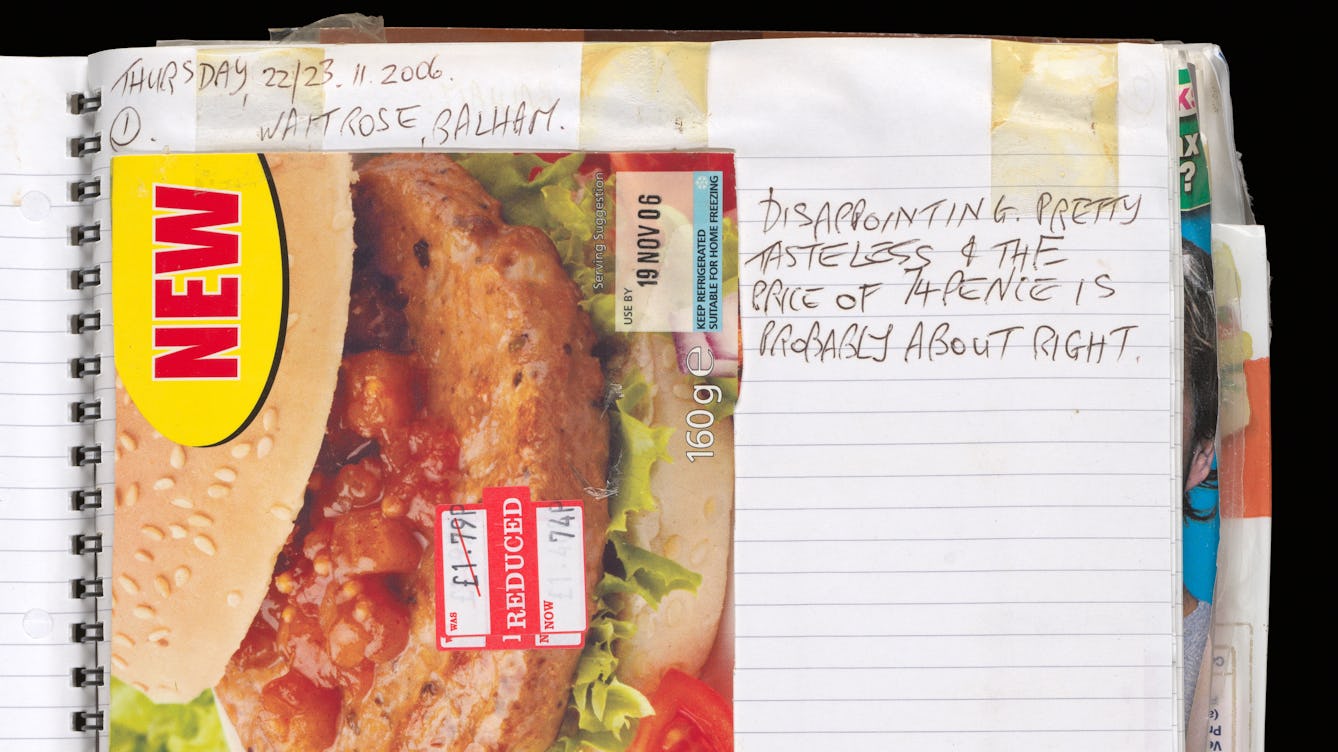
- Article
- Article
Audrey in the world
As the collection is fully catalogued, the archive is opened up to the public. A feature film about Audrey premieres, and Audrey gets her own Wikipedia page, so people can learn about her. For archivist Elena, it’s time to step back.
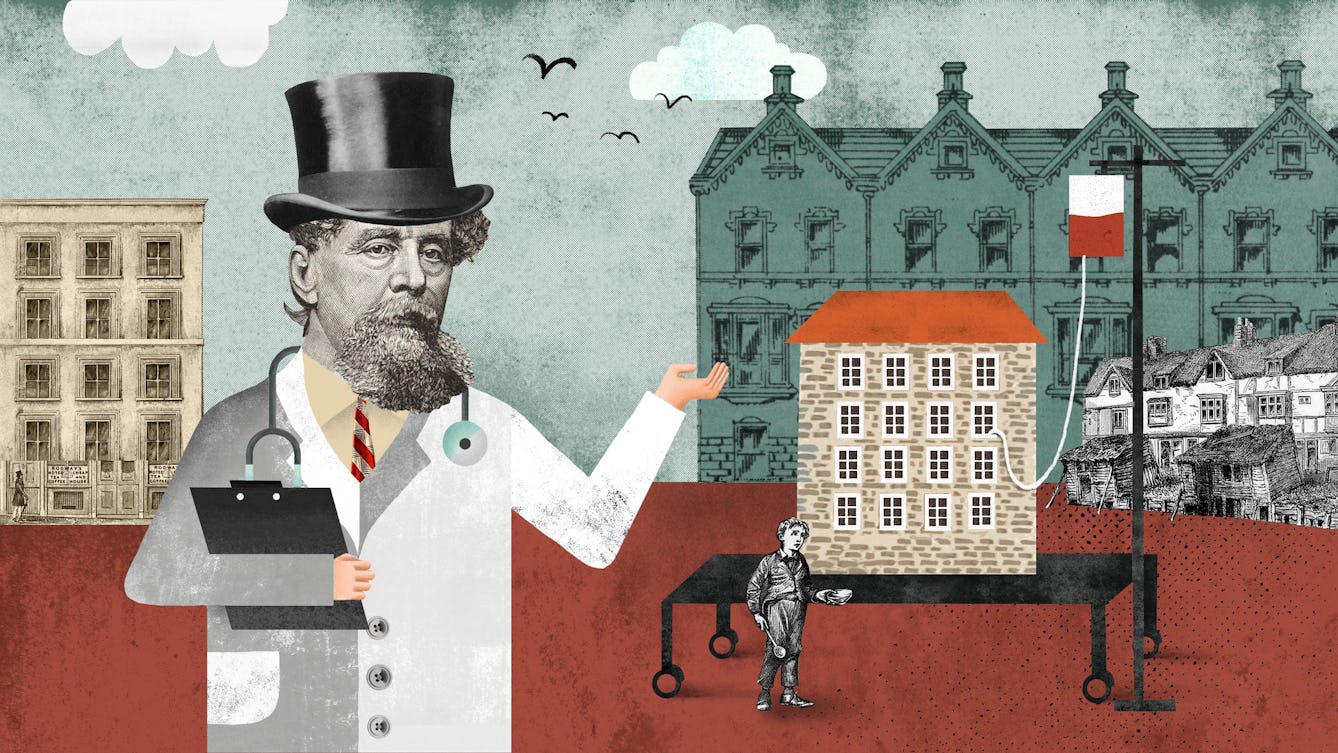
- Article
- Article
How slums make people sick
A newly gentrified corner of Bermondsey leaves little clue to its less salubrious history. But a few intrepid writers recorded the details of existence in one of London’s most squalid slums.
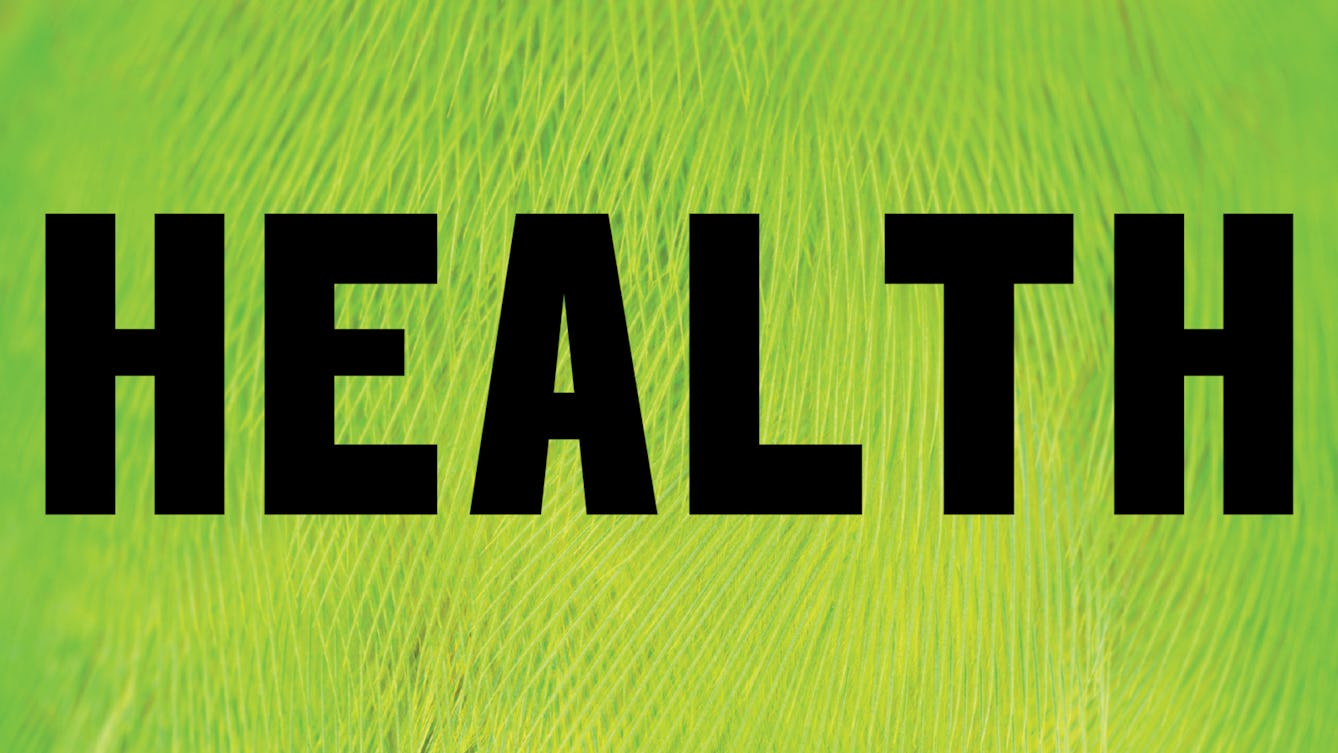
- Article
- Article
Sharing Nature: Over the rainbow
Here’s your choice of the most meaningful nature photo on the theme of health.
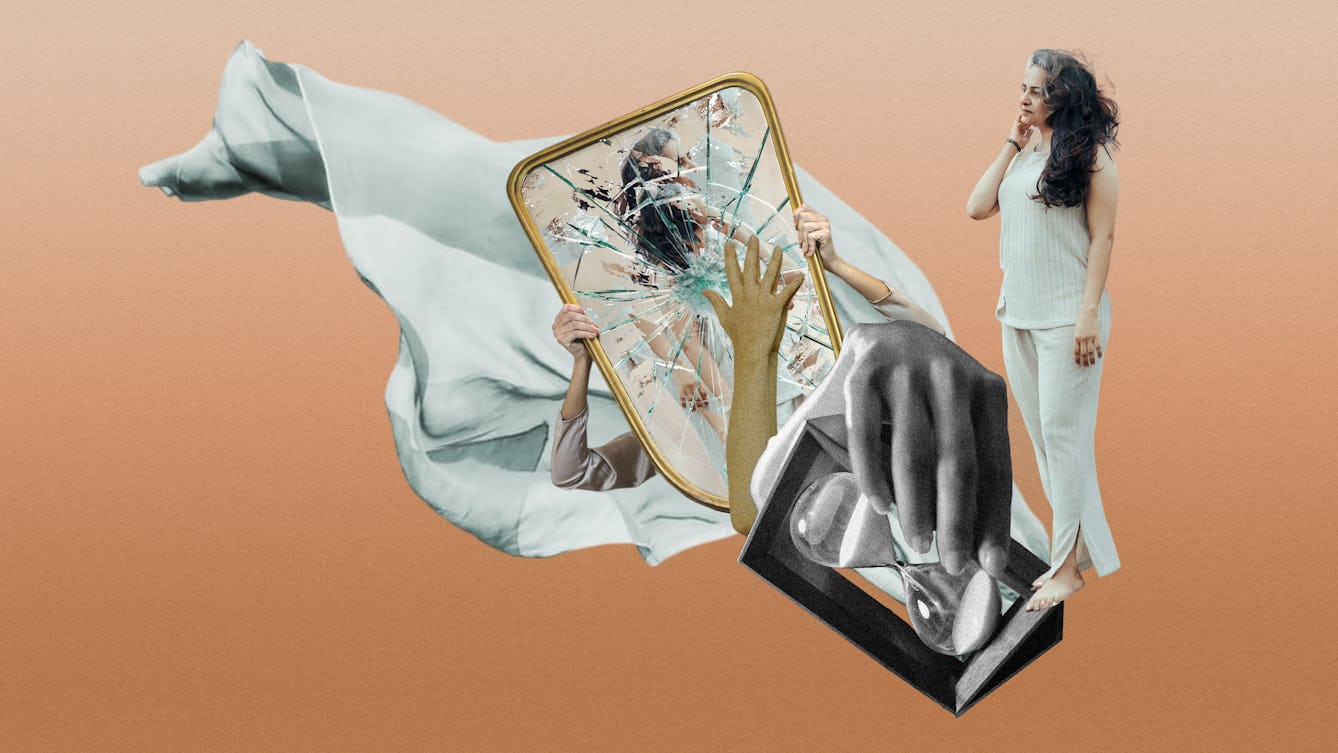
- Article
- Article
Invisibility
Why do menopausal women feel invisible? Because nobody talks about menopause or because society doesn't value older women?

- Article
- Article
The ‘epileptic’ in art and science
From scarred outsiders in literature to the cold voyeurism of medical films and photography, people who experience seizures and epilepsy are rarely shown in a compassionate light in popular culture.

- Article
- Article
There’s more to gingerbread than ginger
‘Bake-Off’ finalist Mary-Anne Boermans treats us to the warm and enticing pleasures of gingerbread over centuries.
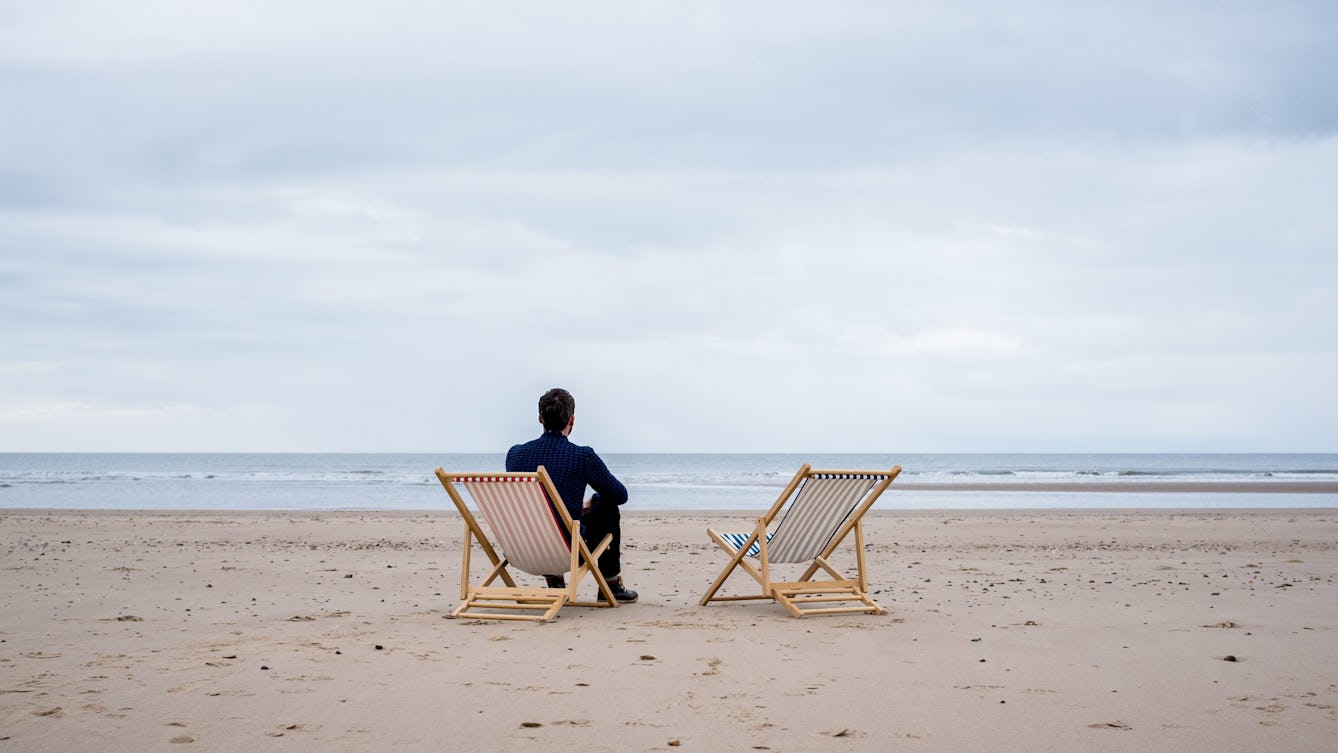
- Article
- Article
Robinson Crusoe and the morality of solitude
Robinson Crusoe, fiction’s most famous castaway, was certainly isolated, but did he suffer the intrinsically modern affliction of loneliness?
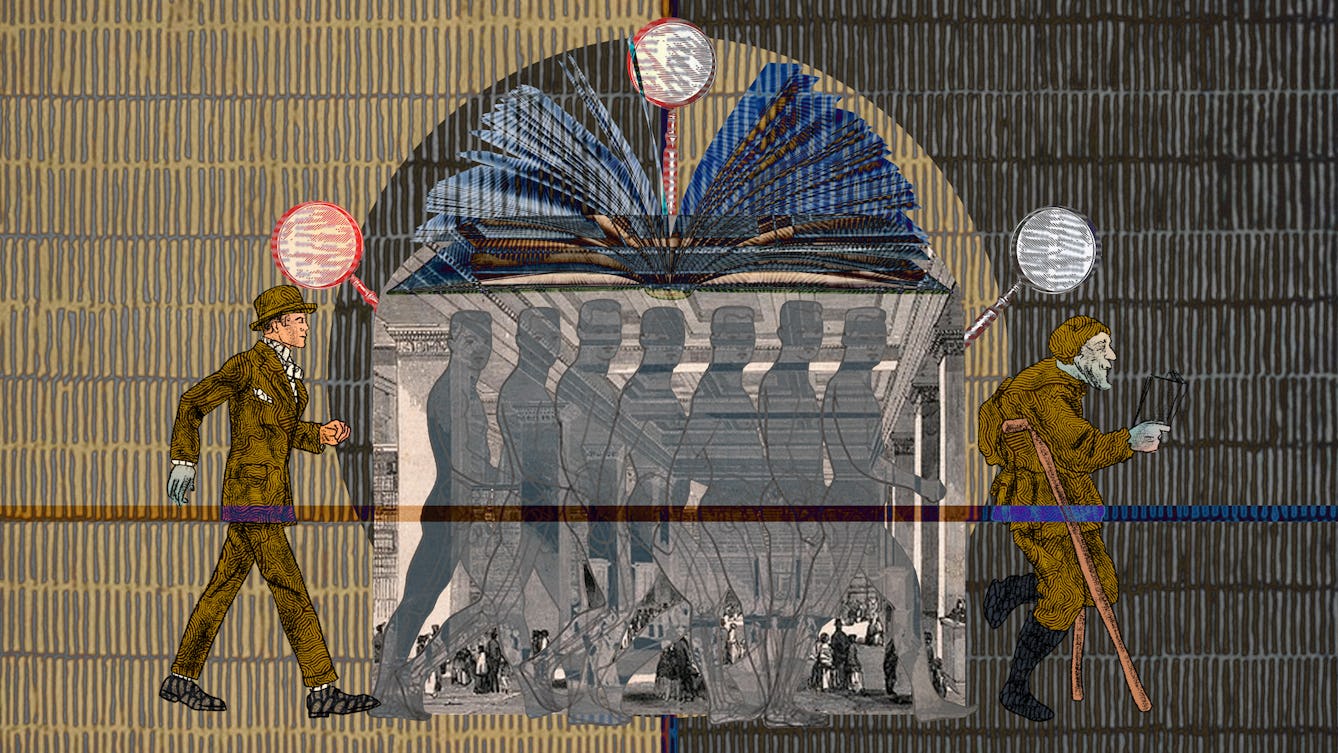
- Article
- Article
Between sickness and health
In early 2020, the subject Will Rees was studying – imaginary illnesses – took on a new relevance as everyone anxiously scanned themselves for Covid symptoms each day. But this kind of self-scrutiny is nothing new, as he reveals.

- Article
- Article
Shame and the online free-for-all
Lucia Osborne-Crowley looks at how shame manifests online, where public humiliation is common and second chances all too rare.

- Article
- Article
When a private pee is a public disgrace
The free pee is getting rarer. And the lack of suitably equipped disabled toilets is condemning people to lives cloistered away in their own homes. Discover how toilet access for all is part of an equal society.
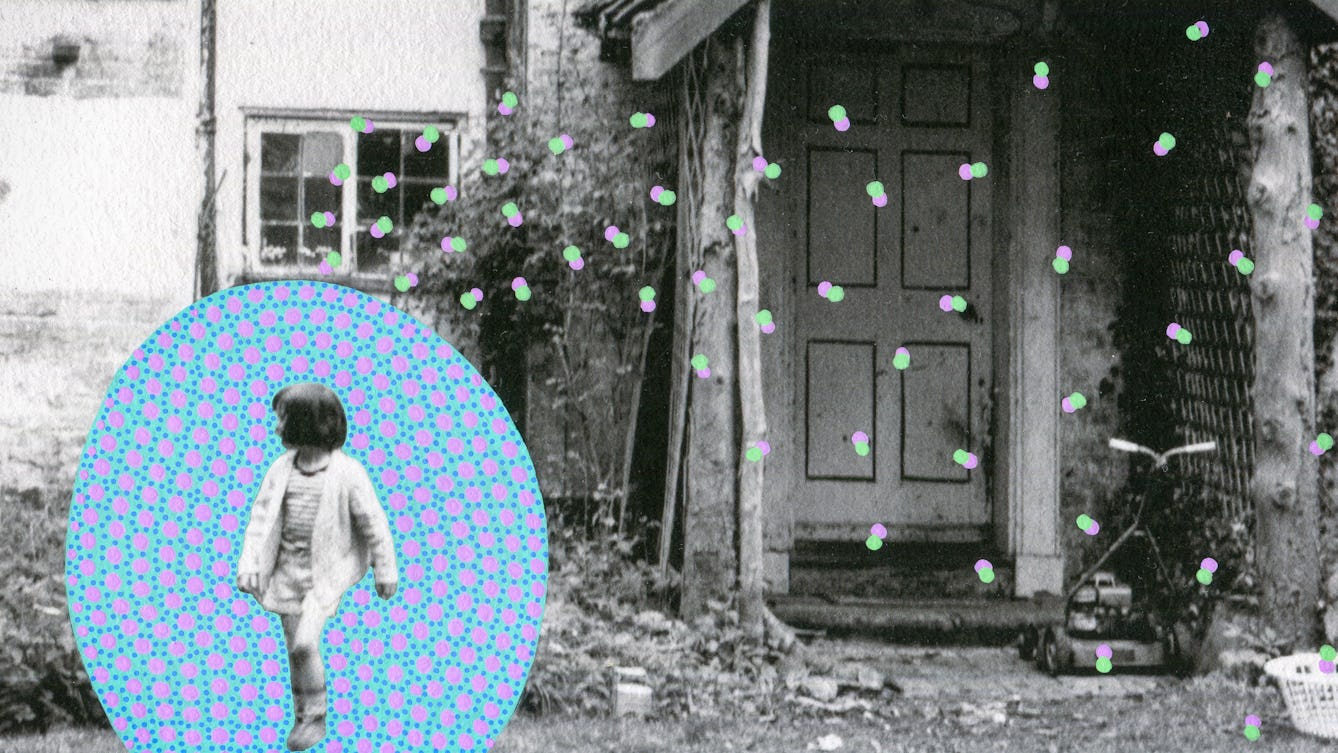
- Article
- Article
Searching for a place to call home
Wherever she’s lived, Tanya Perdikou has rarely felt at home, and numerous moves have perpetuated a sense of disconnection. But signs from nature offer powerful moments of connection.

- Article
- Article
Crime drama and the realistic cadaver
Today we are accustomed to the increasingly realistic look of dead bodies in on-screen dramas. Special-effects expert Hildegunn M S Traa reveals how crime and morgue scenes reflect the social idea of death.
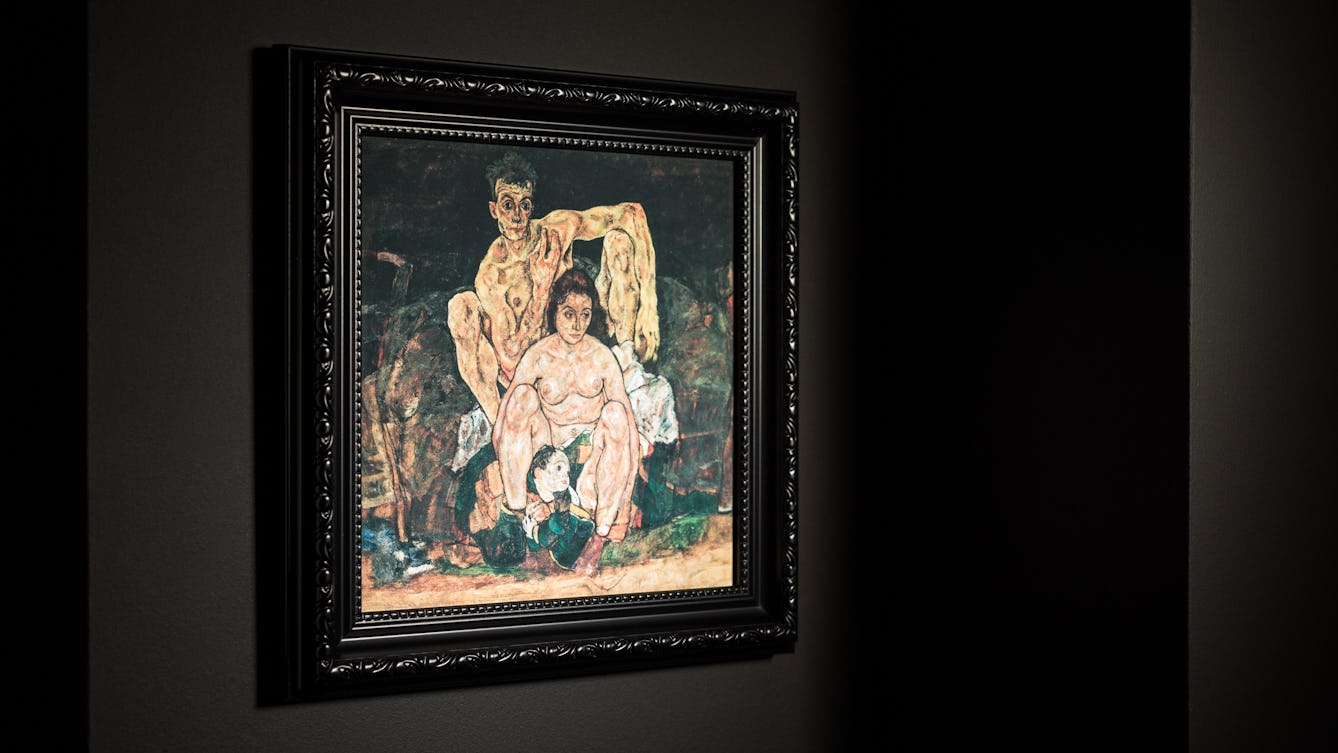
- Article
- Article
Spanish flu and the depiction of disease
The Spanish flu pandemic of 1918 killed many millions more than World War I did. Find out why contemporary artistic depictions of its devastating impact are so rare.
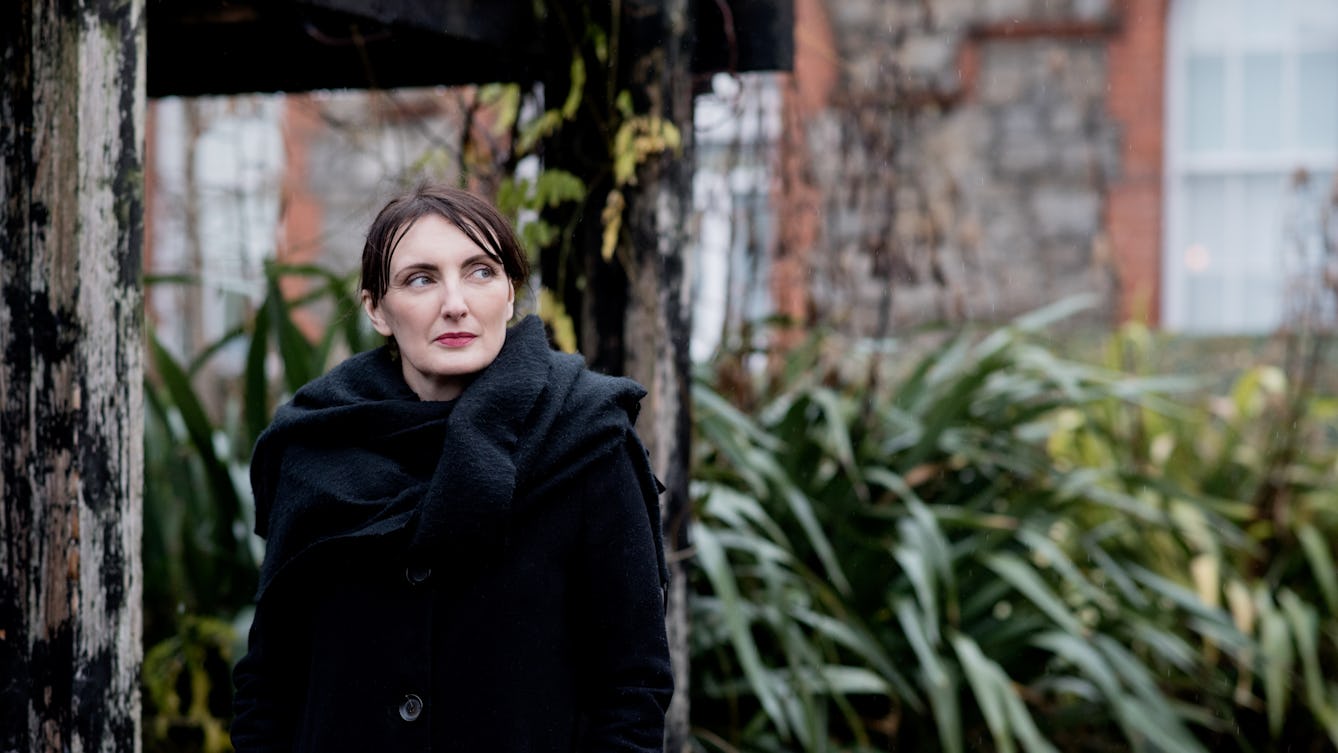
- Article
- Article
The solidarity of sickness
Visiting an injured friend in hospital prompts writer Sinéad Gleeson to reflect on the instant rapport forged between compatriots in the kingdom of the sick.